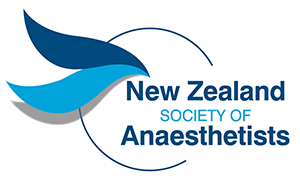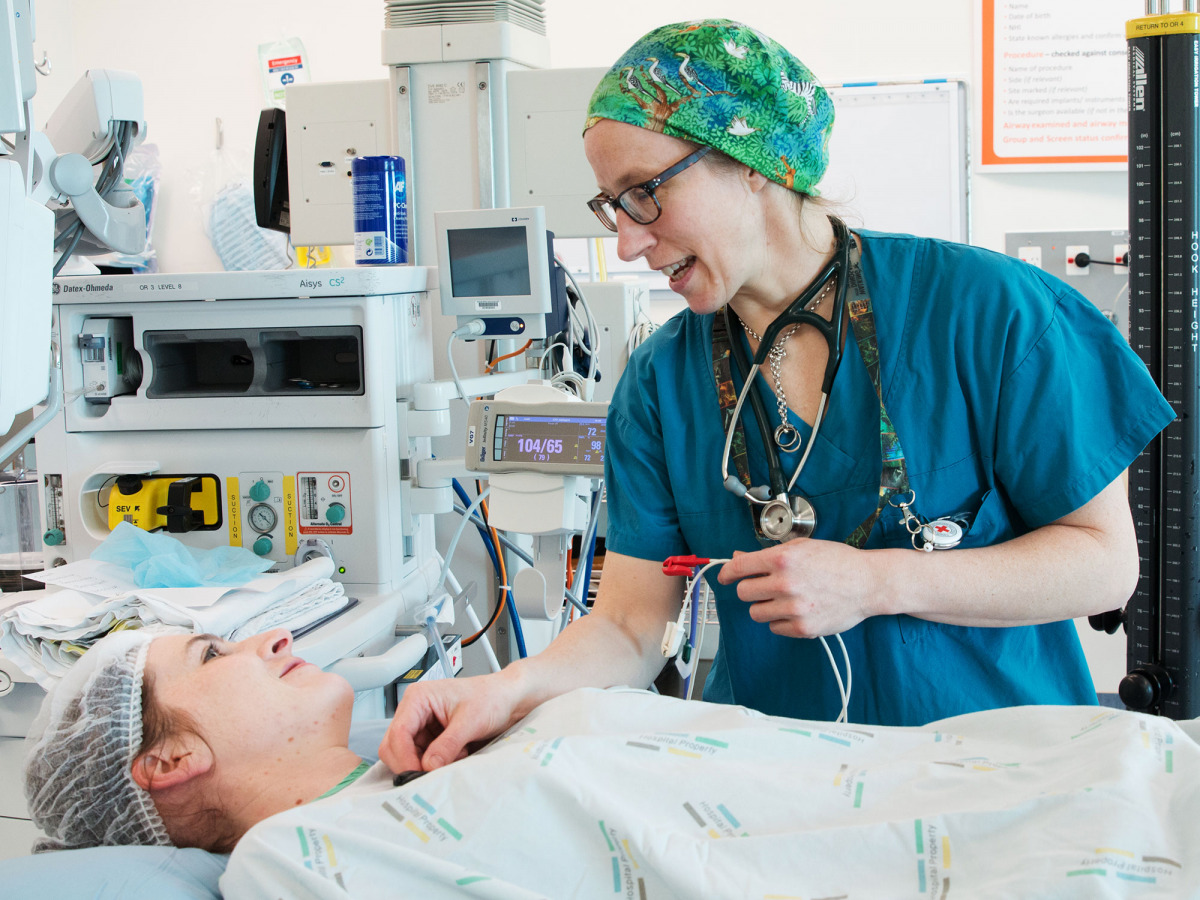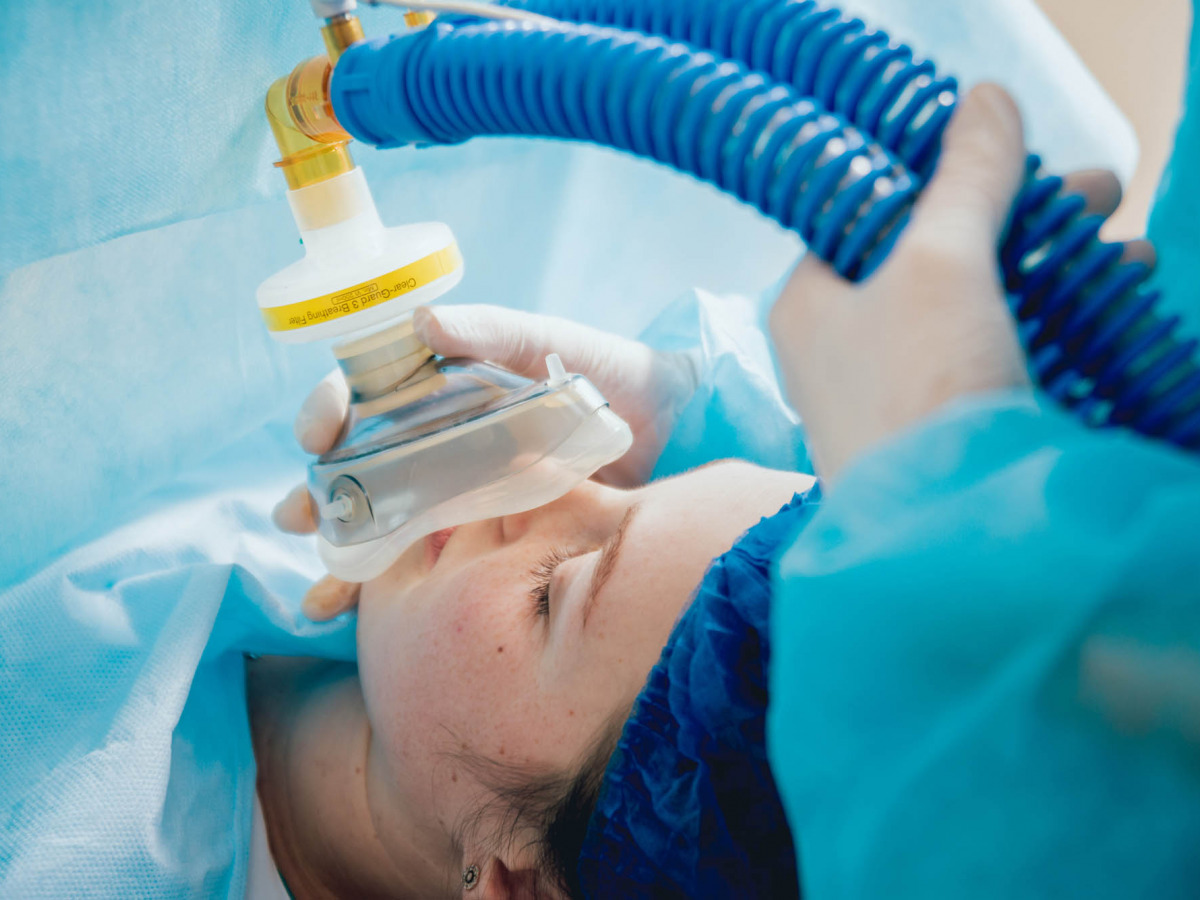To stay within the guidelines of the Commerce Act 1986, the Network sought legal advice and was given guidance on what it could and could not do. These are outlined as follows:
The Network can discuss industry-wide issues, share technical knowledge and information (apart from commercially competitive information) and advocate for NZSA members on matters that do not relate to the basis on which services will be provided by members (including pricing).
The Network cannot negotiate on behalf of members the basis on which members will provide services or articulate an industry position with regard to the pricing of services or the services that will or will not be provided by individual members of either the Network or NZSA.
The Network can discuss the mechanics of funding relationships between members and funders and the options available that each member can consider in terms of their personal situation. It may not, however, recommend or advocate that members adopt a particular stance or decision.
It would also be legitimate for the Network to provide information to members about relationships with funders and any new developments. However, it must always be emphasised that the basis on which members contract and price their services is entirely a matter for each member to determine independently.
The Network must exercise extreme caution that it does not appear to be advocating for any particular course of action.
Generally, any options published by the Network as to how members might approach particular issues should state that each member must make their own independent judgement with regard to practice and the provision of services.


